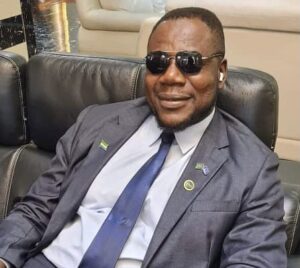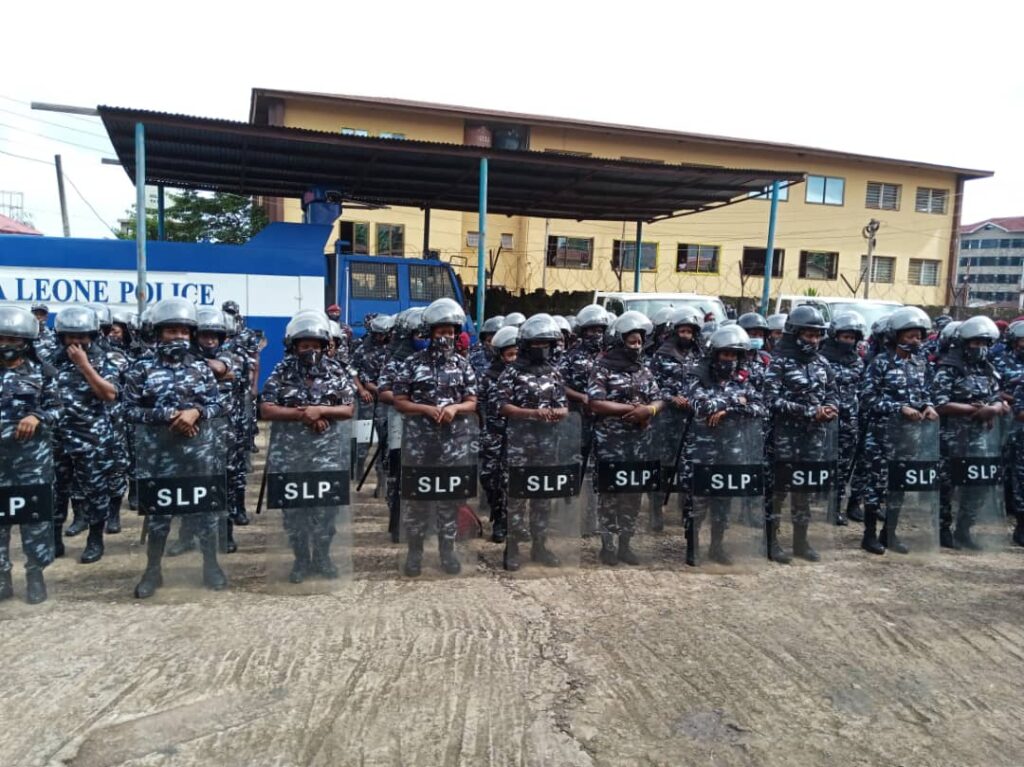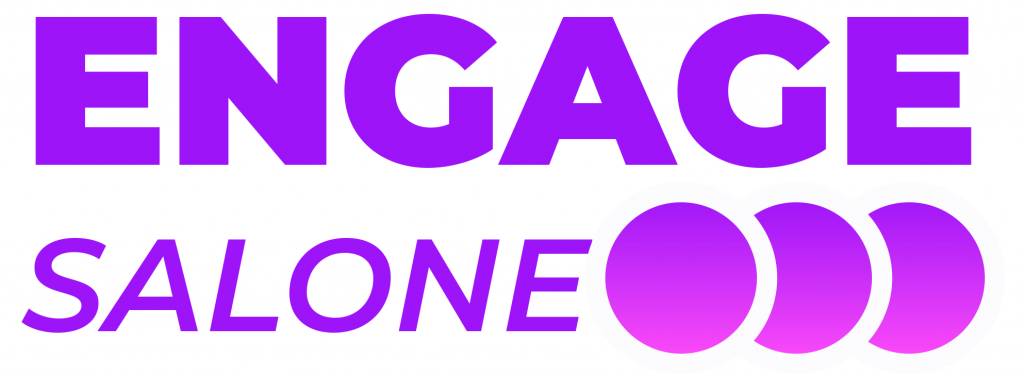The assassination of a top police officer in Makeni last week has been widely condemned by Sierra Leoneans. Even members of the diplomatic community joined in the condemnation. And we add our voice to it. The right to life is sacrosanct! And the nature of such a killing is abhorrent to us all. As very little is known about the circumstances leading to the death of Assistant Superintendent of Police, Matthew Banya, also called “Boika”; it makes it hard to have constructive and informed conversations on the issue. However, reactions so far have come with a lot of speculations, fear and the usual political mudslinging on what our social media discussions have become. In this piece, we are avoiding speculations about the motive of ASP Boika’s alleged assassination. We are proposing that such incidents cannot be looked at in isolation and the investigation to determine the killers will be a huge test for the police in a politically charged and polarized environment.
For once, let us situate Makeni within the broader context of this deadly incident. Since the current government took office in 2018, Makeni has experienced several violent and sometimes deadly protests. From the generator incident to the bike riders’ riot and the August 10 protests, Makeni has practically become the epicentre of violent confrontation with the police leading to deaths and incarceration. The fact that it is home to, and official residence of the former President who until recently was the Chairman and Leader of the opposition All People’s Congress makes it poignant, attracting divergent, sometimes unhelpful public opinion and scrutiny. One could argue that these violent confrontations may have left a bitter taste in the mouths of many in Makeni, damaging trust between the people and the police and by extension, the state.
Given the context, you would appreciate that it is a special case for state-society relations. Unfortunately, not much has been done to establish or rebuild trust between the government and the people of Makeni – a city painted as an outlier and outcast. The experiences of previous violent events might have hardened the people of Makeni as many of them continue to grieve and suffer from the heavy-handedness of the police and security forces. When unfortunate incidents like the alleged assassination of Boika occur, it is easy to speculate but it becomes extremely hard to get the cooperation of the ordinary people and the local authorities given the feeling of alienation and distrust that runs deep between the state and the people. Maintaining a clenched fist in the imposition of state authority has its own downside as it pits one group against the other and creates little room for cooperation and trust. This is an approach that only papers the crack on the wall while ignoring the root causes of the problems. As we condemn the killing, we should also appreciate the broader context and environment that could also help us find meaning and explanations for some of these ugly incidents.
While this is not to suggest that Boika’s death was a direct result of this apparent strained state-society relationship, this piece is meant to reinforce the point that diffusing tensions and building trust with the people would have made Makeni less of a flashpoint. Despite its position as an opposition stronghold (which is perfectly fine in a democracy), the people must enjoy the freedom, peace and protection accorded to all other citizens. The Truth and Reconciliation Commission (TRC) Report offers a lot of helpful history and lessons but the state seems to have chucked them away as it continuously fails to develop its relationship with the people and to address deep-rooted grudges.

As the police investigate the killing of their colleague, the tactics and attitude that they bring into it must be measured, fair and constructive. It is not going to be an easy job, considering the environment they operate in and their lack of resources. Mass arrests and detentions, however, will only further strain relations and finding the actual culprit (s) who carried out the killing would be even more difficult. Even with the most equipped and sophisticated police forces in the world, we often see innocent people ending up behind bars during police investigations. Many people are now fearful that a lot of innocent people could end up in police nets for long periods. Mass arrests and detentions are counterproductive and unfair. They are like the abhorrent finishing method that throws a massive net to the seabed, dragging everything along—big fish, small fish, weed and rubbish all end up in the net and by the time the small, unwanted fish are sent back into the waters, they are dead.
As you would imagine, this is going to be a very difficult job that requires the police to put on their ‘A’ game. The complexity of the probe is not a good thing, of course, but in every challenging situation, we must see opportunities. The opportunity here is that the state and the police leadership would be reminded that a police force needs a lot more than lethal weapons and riot control equipment. They also need expertise and equipment that enables them to investigate such incidents. For a long time, people have been advocating for strengthening the police forces’ forensic capabilities. Let us hope that we will now see the need for such resources so that everyone can be equally protected and justice is served to all. When we say, “equip the police”, we are also talking about the things that keep everyone safe, not just the state and its officials. There is also a golden opportunity to re-establish trust with the people with an investigation that is fair and inspires confidence for cooperation between law enforcement agencies and the people. And to build on this by diffusing tension and strengthening civil-police relations.
Anyway, let us hope that the Police are able to find Boika’s killer(s) and that his family gets justice. Let us also hope that one day the families of all those who have been killed by the police, everywhere in this country, get justice.
Whatever you are up to this weekend, continue to hope for unity, freedom and justice.
About The Author
- Engage Salonehttps://www.engagesalone.org/author/eng21_admin/
- Engage Salonehttps://www.engagesalone.org/author/eng21_admin/
- Engage Salonehttps://www.engagesalone.org/author/eng21_admin/
- Engage Salonehttps://www.engagesalone.org/author/eng21_admin/


